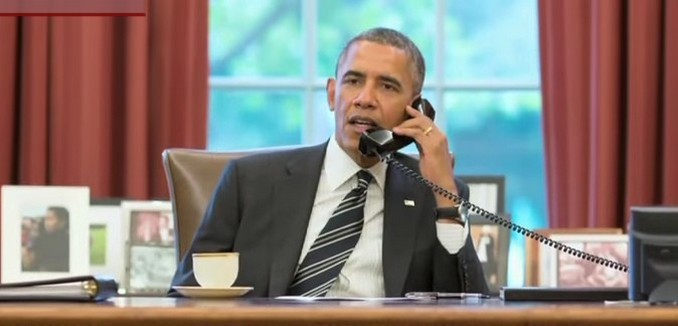The flawed nuclear deal reached yesterday “maps Iran’s emergence as a regional power, with the full blessing … of the United States,” Robert Satloff, the executive director of the Washington Institute of Near East Policy, wrote in an op-ed published today in The New York Daily News.
After pointing out the various flaws in the deal, Satloff explained how it empowers Iran to become a regional power.
Lifting sanctions is not the only benefit Iran gets in this accord. In fact, the U.S. and its partners commit to assist Iran to develop in energy, finance, technology and trade. The idea that America and its allies will actually help Iran grow stronger in these areas will sound a discordant note around the Middle East, where the Tehran regime is viewed as the eminence grise behind Syrian leader Bashar Assad’s brutal suppression of his people, the Houthi rebellion against state authority in Yemen, the creeping expansion of radical Shiite influence in Iraq and the activities of some of the most extreme Palestinian terrorist groups.
In that vein, this agreement is truly historic. It marks a potential turning point in America’s engagement in the Middle East, a pivot from building regional security on a team of longtime allies who were themselves former adversaries of each other — Israel and the Sunni Arab states — in favor of a balance between those allies and our longtime nemesis Iran.
Satloff identified several weaknesses in the agreement, which allows Iran to delay inspections for 24 days, fails to spell out the consequences of Iranian violations, and leaves a huge loophole in the terms of the “snap-back” of sanctions by allowing any contracts signed before their re-imposition to be honored.
This assessment of the nuclear agreement echoes that of former administration official Michael Doran, who wrote in February that the administration’s intent in warming up to Iran was to “provide a foundation for building a concert system of states—a club of stable powers that could work together to contain the worst pathologies of the Middle East.”
Other experts including Tony Badran and Jonathan Spyer have noticed that the United States has, in practice, been legitimizing Iran’s interests in the Middle East.
[Photo: The White House / Flickr ]




